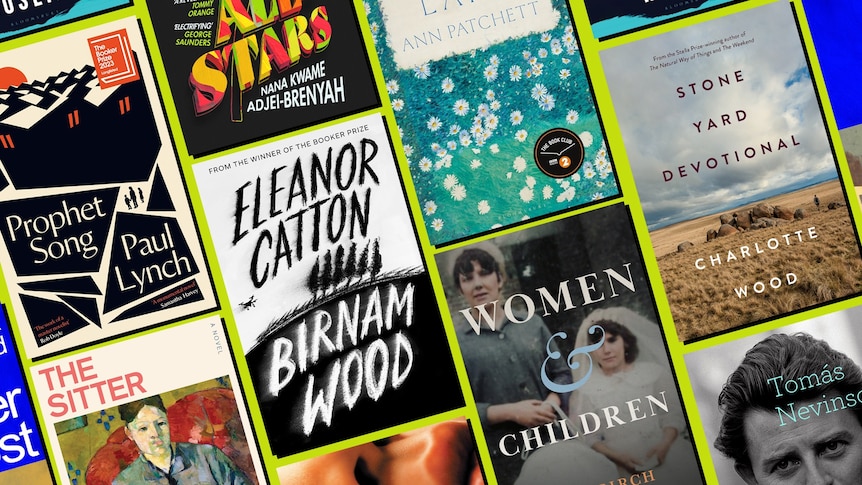Writing a book report can seem like a daunting task, especially if you’re unsure where to begin. However, understanding how to write a book report is a valuable skill that can enhance your comprehension and analytical abilities. Whether you’re a student tasked with a school assignment or an avid reader looking to delve deeper into your reading experiences, this guide is here to help.

Understanding the Purpose of a Book Report
Before diving into the writing process, it’s crucial to understand the purpose of a book report. A book report is not just a summary of the book’s content. Instead, it is an analysis that allows you to express your thoughts and opinions about what you’ve read. This exercise helps in developing critical thinking skills and encourages you to engage with the text on a deeper level.
Choosing the Right Book
Your journey begins with selecting the right book. For those who are not assigned a particular book, its important to choose one that interests you. A book that resonates with you personally will make the report-writing process much more enjoyable. For inspiration, consider checking out the top 100 books collection.
Read the Book Thoroughly
Once you’ve selected your book, the next step is to read it thoroughly. Pay attention to details, themes, and the author’s style. Take notes as you read, jotting down any significant points or quotes that stand out. This will help you when it comes time to write your report.
Take Notes
As you read, develop a system for taking notes. You might use sticky notes, a notebook, or digital tools. Organize your notes by chapter or theme to make it easier to reference them later. Recording your thoughts, questions, and observations will be invaluable when you begin writing your report.
Structuring Your Book Report
Once you’ve completed the reading and note-taking phases, it’s time to structure your book report. A well-organized report typically includes an introduction, a summary of the book, an analysis of the key themes and characters, and a conclusion.
Introduction
Your introduction should provide some basic information about the book: the title, author, and genre. It’s also helpful to include a brief overview of the book’s themes or the author’s purpose in writing it.
Summary
In this section, provide a concise summary of the book. Focus on the main events and key details, but avoid getting bogged down in too much detail. Your summary should give the reader a clear understanding of the book’s plot without revealing every twist and turn.
Analysis
This is the heart of your book report. Here, youll delve into the books themes, characters, and any literary devices the author uses. Discuss what you found compelling or lacking. Be sure to support your opinions with examples from the text.
Conclusion
Wrap up your report by summarizing your main points and stating your overall impression of the book. Consider whether you would recommend it to others and why.
Editing and Revising
Once your first draft is complete, take the time to revise and edit your report. Check for clarity, coherence, and grammatical errors. This is also a good time to ensure that you’ve adequately supported your analysis with evidence from the text.
Seek Feedback
Before finalizing your report, consider seeking feedback from peers or instructors. They can offer valuable insights and help you refine your arguments and writing style.

Frequently Asked Questions
What is the main purpose of a book report?
A book report serves to analyze and summarize a book while expressing your personal opinion about it. It helps develop critical thinking and comprehension skills.
How long should a book report be?
The length of a book report can vary depending on the assignment guidelines. However, a typical report is usually 500-1000 words long.
Can I include my opinion in a book report?
Yes, expressing your opinion is a crucial part of a book report. Just make sure to support your opinions with evidence from the text.
For more tips on improving your reading and writing skills, visit this guide on reading more books in less time and learn about books that improve vocabulary.
This article contains affiliate links. We may earn a commission at no extra cost to you.







